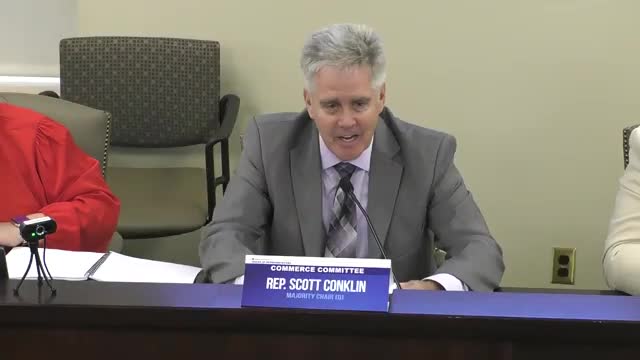Article not found
This article is no longer available. But don't worry—we've gathered other articles that discuss the same topic.
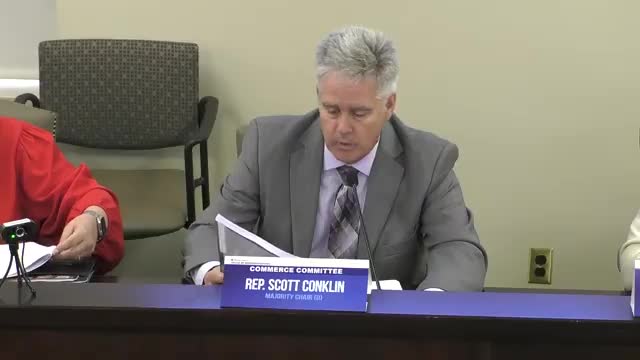
Committee refers bill to Professional Licensure to exempt nonmotorized trailers from vehicle franchise law
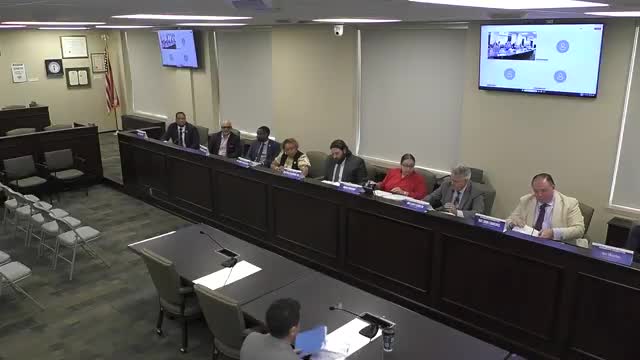
Committee unanimously moves self‑storage bill into Commerce and Trade, shortens lockout period
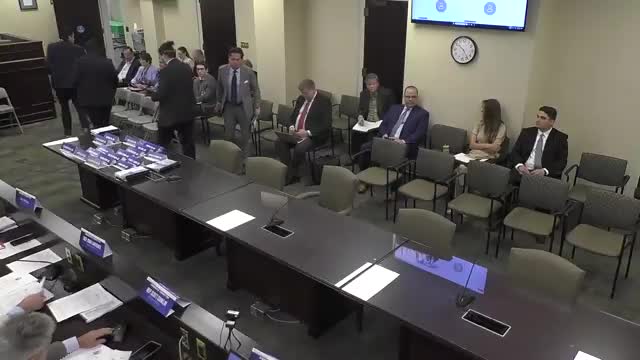
Committee advances Keystone Saves retirement‑savings program bill after privacy amendment
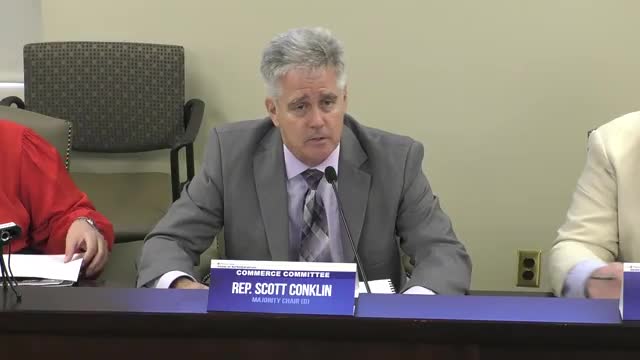
Committee approves gift‑card safeguards after amendments aimed at small businesses and staff training
